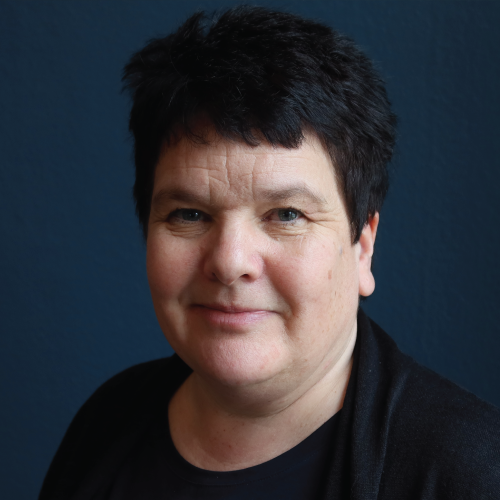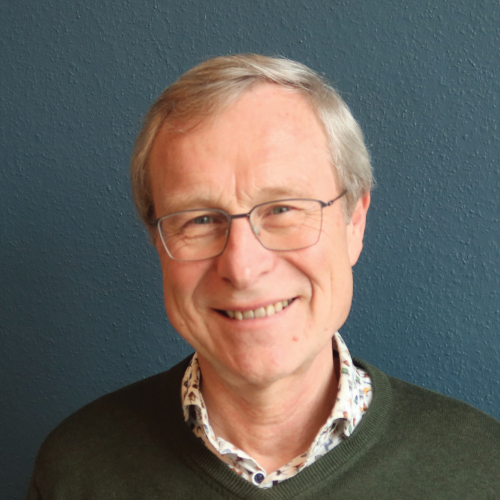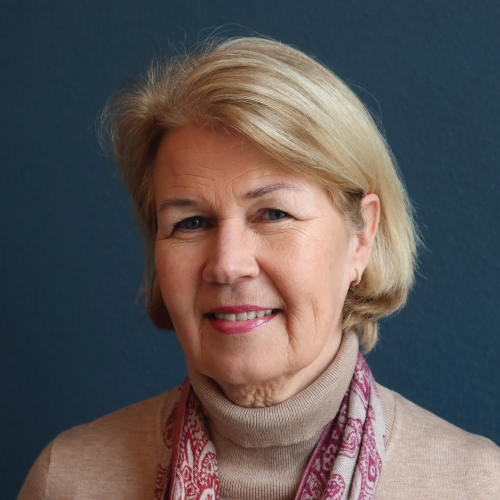
Georgia Casanova is a senior researcher at the Center for Socio-Economic Research on Aging of the IRCCS-INRCA (National Institute of Health and Science on Aging) in Ancona, Italy, where she started working in 2013. In 2000, after graduating from the University of Genoa, she started working as a researcher and policy consultant for national and local institutions, NGOs, international research centres and universities.
In 2001 you obtained a master’s degree in Policy Analysis at the Polytechnic of Turin; in 2005, you got the Master’s in Social Planning at the Polytechnic of Milan.
She recently obtained an MSCA-IF fellowship in collaboration with the University of Valencia on the risk of socio-economic deprivation for European families with dependent older people (SEreDIPE project).
She is currently pursuing her PhD in Gerontology at the University of Vechta (Germany).
Her research interests are focused on:
- informal and formal assistance, including Migrant Care Workers;
- innovative solutions for long-term care, including the promotion of ICT-based technology
- home care services and integrated social and health services for older people and informal caregivers
- Older people living in residential contexts
- Socio-economic effects of assistance to informal and formal workers
- Social Inclusion, Social Isolation and Loneliness of older people and informal carers
She has extensive experience in qualitative data analysis but has also been involved in numerous quantitative projects in her career. She coordinated numerous national and international research projects in the field of gerontology.





